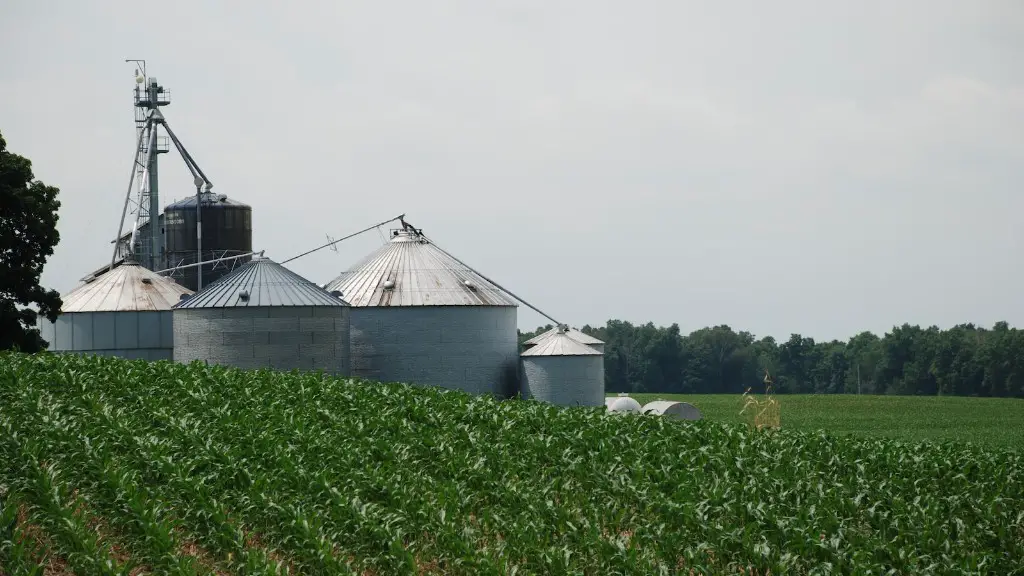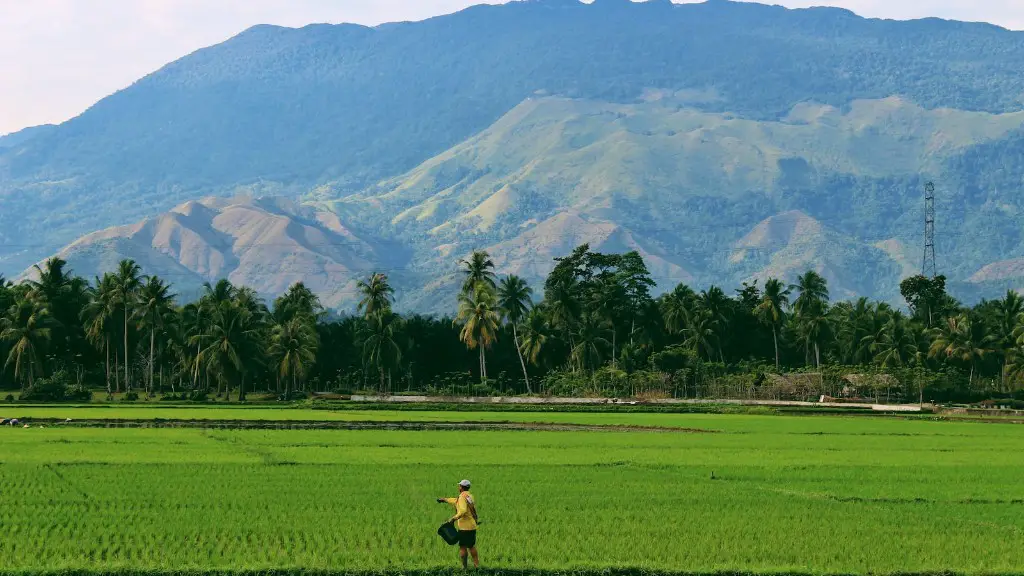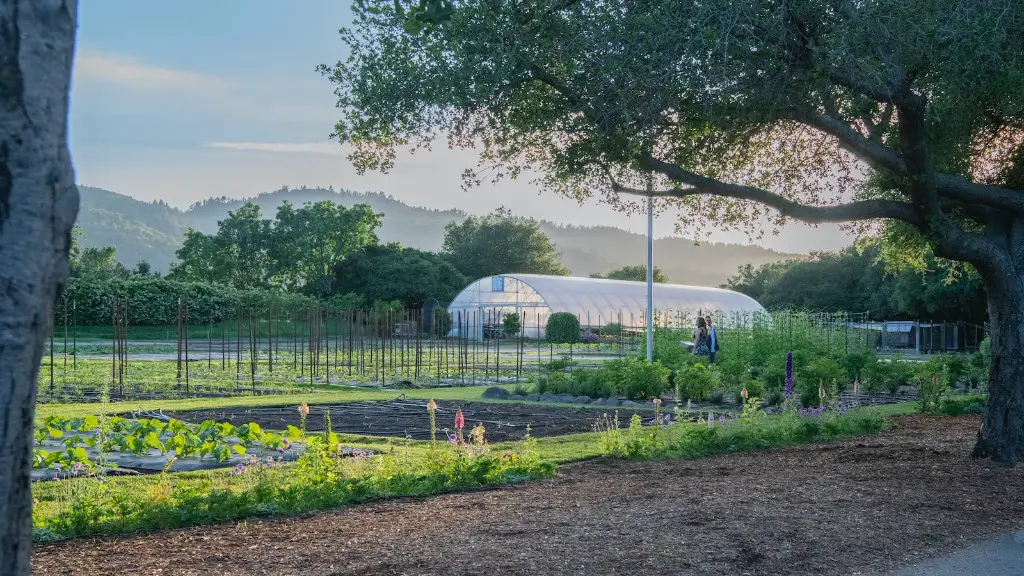Agricultural pest control is important for several reasons. Pests can seriously damage crops, which can lead to lower yields and quality. In addition, some pests can transmit diseases to plants, which can further reduce yields and quality. Pests can also cause economic losses for farmers by contaminating stored food products. Finally, some pests can damage farm buildings and equipment.
Pest control is important in agriculture because it helps to reduce crop losses and protect farmers’ livelihoods. Pests can cause serious damage to crops, and can also spread diseases that can harm humans and animals.
Why is pest control so important?
Pest control is important because it helps to protect our nation’s public health and food supply. Pests can spread diseases such as West Nile virus, Lyme disease, salmonellosis, hantavirus and encephalitis. By controlling the pests, we can help to prevent the spread of these diseases.
Pesticides are a necessary part of modern agriculture and have been shown to be effective in controlling various pests and disease carriers. There are many different types of pesticides available, each with its own specific uses. Pesticides play an important role in protecting crops and ensuring food safety.
What is agricultural pest control
US farmers employ a range of pest management strategies to control weeds, insects, fungi, viruses, and bacteria. They till their soils, rotate their crops, scout their fields, and carefully consider factors such as plant density and planting dates. They also apply organic and synthetic pesticides.
It is important to prevent the introduction and spread of pests in order to protect crops and plants. One way to do this is to use disease-free and weed-free seed. This will help to prevent diseases and weeds from being introduced. Another way to prevent the spread of pests is to control alternate host plants of insects and diseases. This can be done by minimizing moisture conditions that are optimum for disease development.
What will happen if pests are not controlled?
Pest control is very important in food businesses. Pests can carry harmful bacteria that can contaminate foods and cause illness or spoil food. Pests can also cause financial damage to food businesses and affect their reputation.
Pesticides are a key tool in protecting crops from harmful pests, diseases, and weeds. They have helped to triple crop yields since 1960, making them a vital part of food production. While pesticides do have some risks, they are essential for ensuring a safe and bountiful food supply.
What are the two advantages and benefits of using pesticides?
Pesticides also have a number of economic advantages. They can help farmers increase their yields and produce crops more cheaply. Additionally, pesticides can help farmers protect their crops from damage by pests, thus reducing the need for costly repairs or replacements.
Pest control during the growing season is critical to achieve maximum grain yield. Weed control may be achieved by crop rotation, mechanical cultivation, or herbicide application.
What are agricultural pests important
Piercing and Sucking Insects
Piercing and sucking insects includes a variety of different pests that use their strong mouthparts to pierce through plant tissue and suck out the liquids. Some examples of these insects include termites, grasshoppers, leaf worms, army worms, mantids, locusts, and beetles. These pests can cause serious damage to crops and plants, and can be difficult to control.
Pest control is the process of removing any kind of pest from your home, garage, or yard. The purpose of removing any kind of pest from your home is to keep you safe and healthy. For example, rodents can leave feces on or near food they find in your kitchen, which can lead to food poisoning.
What is the most important step in pest control?
Most people assume that any small, crawling creature must be a pest. However, many times these creatures are actually beneficial to our ecosystems. It is important to take the time to identify whether a creature is actually a pest before taking any pest control efforts. This will save time and resources in the long run.
Organic and conventional farmers both use pesticides to battle pests. While organic farmers may use different methods to control pests, both conventional and organic farmers use pesticides to protect their crops. All growers therefore need pesticides to grow crops sustainably, protect their crops from damage and ensure they get the best quality and highest yields possible.
What are the pros and cons of using pesticides on crops
GMO crops can have a variety of benefits, including reducing pests and disease, increasing yields, and decreasing the cost of food. However, they can also negatively impact human health and the environment. Pests can build up resistance to GMO crops, and the crops can harm beneficial insects and other wildlife.
Pesticides can have a negative impact on the environment through soil, water or air pollution and by damaging non-target organisms. Soil pollution can occur when pesticides are applied to the soil and then they are taken up by plants. Water pollution can occur when pesticides run off from fields and contaminate water sources. Air pollution can occur when pesticides are sprayed and the particles become suspended in the air. Non-target organisms can be harmed by pesticides when they are exposed to them either directly or indirectly through food or water.
What are the effects of pests on agriculture?
Pests can have a devastating effect on crops, both in terms of the direct damage they cause to the plants themselves, and the indirect damage they can do by spreading diseases. They can cause leaves to wither and die, suck out plant juices, and bore into the roots and stems. In severe cases, pests can completely destroy a crop, leading to financial losses for farmers and food shortages for communities.
Pest management is an important component of crop production. Pests can have a detrimental effect on horticultural operations by affecting the quantity, quality and ultimately, the marketability, of the crops grown. A pest is any animal, insect, weed or disease that attacks a crop.
There are a number of methods that can be used to manage pests, including cultural, physical, biological and chemical methods. Cultural methods involve the manipulation of the growing environment to favour the crop and discourage the pest. Physical methods include the use of barriers and traps. Biological methods involve the use of predators, parasites and pathogens. Chemical methods involve the use of pesticides.
Pest management is an important consideration in crop production and can have a significant impact on the success of a horticultural operation.
Warp Up
Pest control is important in agriculture because it helps to protect crops from being damaged or destroyed by pests. Pest control also helps to reduce the spread of diseases that can be carried by pests.
Pest control is important in agriculture for a number of reasons. Pests can cause crop damage, which can lead to economic losses for farmers. In addition, pests can also transmit diseases to humans and animals, which can have a serious impact on public health. Therefore, it is important to control pests in agriculture in order to protect crops and human health.





